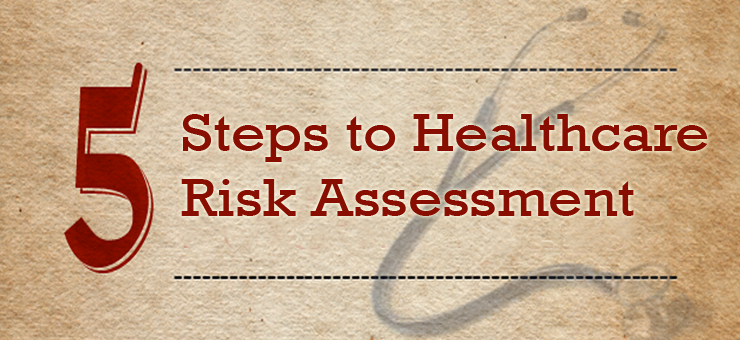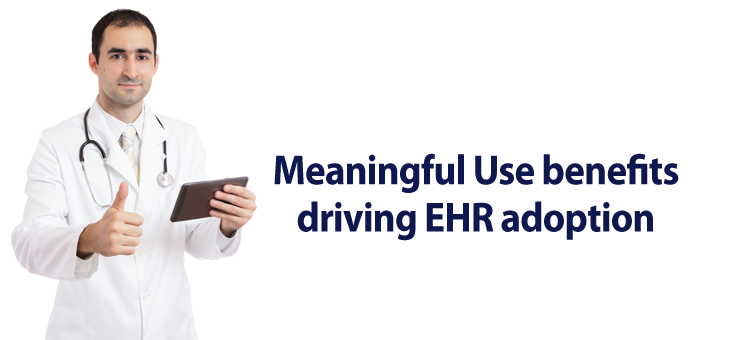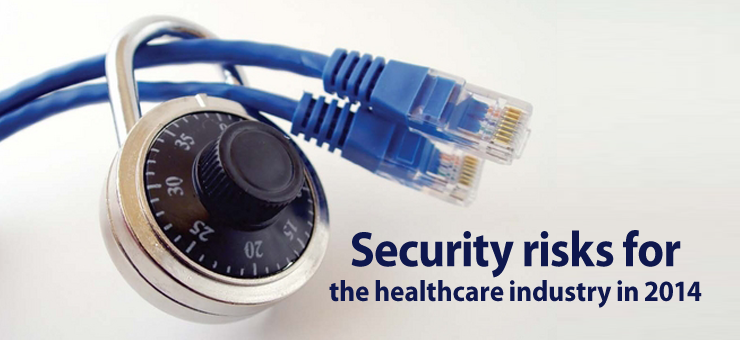The new year is going to be important for physicians in meeting regulatory requirements and reporting deadlines. These deadlines will affect quality of care, adoption and usage of Electronic Health Records (EHRs). These deadlines relate to Centers for Medicare and Medicaid Services (CMS) and more importantly, the Affordable Care Act (ACA). January 1, 2014: CMS Meaningful Use Read more…
Healthcare IT Risk Assessment: 5 Steps
Healthcare IT systems are intertwined with operations, policies and processes along with a bunch of systems, application and data. Sometimes the systems are so complex that one breakdown can last for days and cost the organizations hundreds of thousands of dollars in lost time and money. Therefore, it is imperative that healthcare organizations dependent on Read more…
Improving patient engagement through patient portals
Patient portals are one of the major requirements for Meaningful Use Stage 2 and beyond, and they are in big demand. From large scale practices to small and medium ones, everyone is using these portals to improve patient engagement and shared decision making. Even the physicians who are not offering patient portals are looking to offer Read more…
CMS extends deadlines for Meaningful Use Stage 2 and 3
The Centers for Medicare and Medicaid Services (CMS) has extended the provider attestation deadlines for Meaningful Use Stage 2 and stage 3. Under the new timeline, Stage 2 will now be extended until 2016 while. Stage 3 will begin in 2017 for providers who would complete two years in Stage 2. According to Rob Tagalicod, Read more…
Meaningful Use benefits driving EHR adoption
In 2009, when the American Recovery and Reinvestment Act (ARRA) was promulgated, the need of the hour was to put the ailing US economy back on the path to recovery. The purpose of The Recovery Act was to immediately create and save jobs, and to provide temporary relief to the sectors most impacted by the Read more…
Security risks for the healthcare industry in 2014
With the emerging technological trends and with new devices coming out each year, the security risks for the healthcare industry are huge. Cyber-crimes keep on getting more sophisticated. Should the private practice be concerned about it? Let’s find out some of the risks that will affect the healthcare industry in 2014. Social networks: Facebook, Twitter and Read more…
Data center outages costing healthcare industry big time
Without a shadow of doubt, technology has made our lives simpler in a way that we could not have imagined about two decades back. If someone back then had spoken of how we would be able to carry our emails with us all the time through smartphones, browse the entire world with just a few Read more…
The philosophy of Healthcare IT: How it will grow?
Healthcare Information Technology has seen rapid growth over the past few years. At the forefront of this massive change is President Obama’s initiative known as Obamacare. One of the key features of Obamacare is the push towards registering uninsured patients, which form a major part of US population. Let’s look into some of the aspects Read more…
The Right Marketing List Can Lead to More Revenue
Most medical practices depend on patient visits to generate revenue, which in turn, can be used to pay for the various operational costs of running a particular practice. Modern day practices are doing all they can to increase their patient volume. In an effort to retain their current patients and to attract new ones, they Read more…
Should healthcare be free of cost?
Medical ethics, a set of moral principles that govern the practice of medicine, imply that a medical practitioner needs to display consideration, compassion, and benevolence to their patients. This is a complex concept. Compassion arises from humanitarian sensitivity, and that would essentially dictate that if I am unable to cover the expenditure associated with my Read more…









